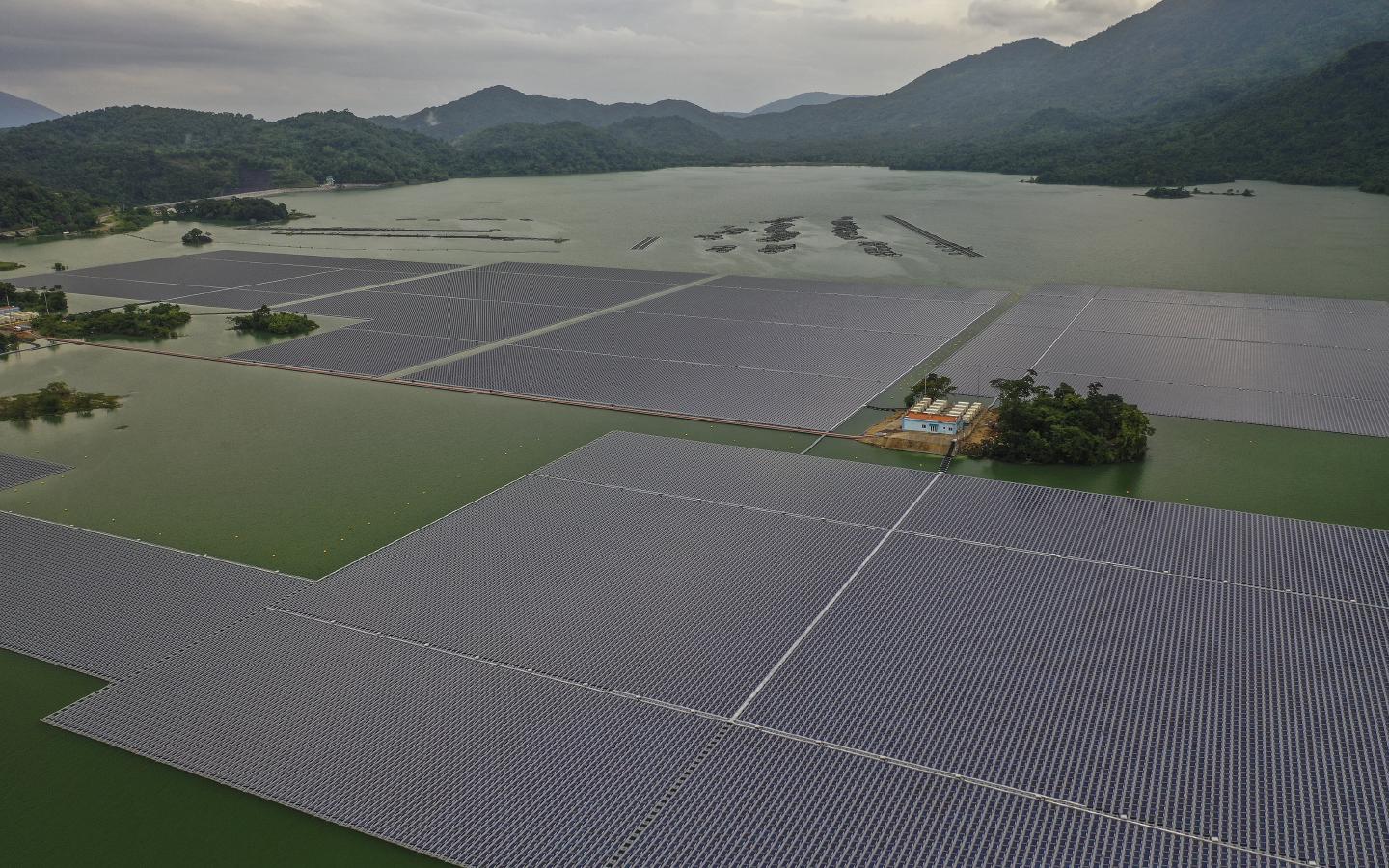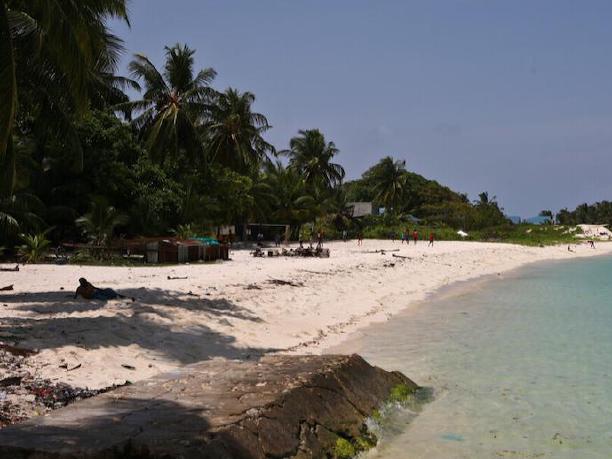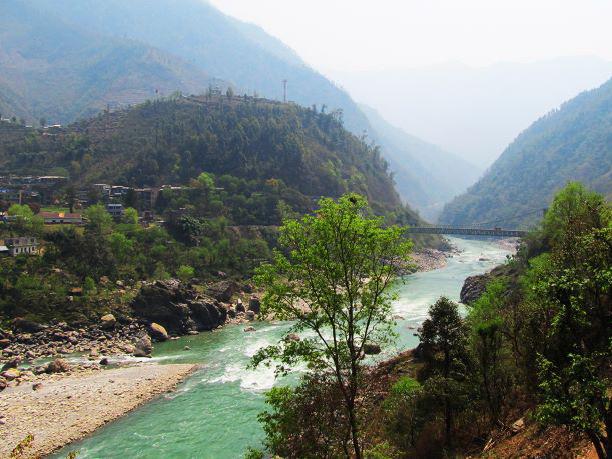Canadian Climate Fund for the Private Sector in Asia II
The Canadian Climate Fund for the Private Sector in Asia II (CFPS II) is designed to support greater private sector participation in climate change mitigation and adaptation in low- and lower-middle-income countries and upper-middle-income small island developing states in Asia and the Pacific. The fund seeks to promote gender equality and the empowerment of women and girls in projects supported by the fund. It aims to play a key role in helping the private sector overcome development risks (including market, technology, financing, regulatory, and other risks) by offering to finance concessional terms and conditions to projects that proceed solely commercially.
As CFPS II’s trustee, ADB approved a concessional loan to the Lao People’s Democratic Republic (Lao PDR): Monsoon Wind Power Project in 2022 and subsequently signed the $20 million concessional loan in February 2023. The project entails a 600-megawatt wind power project that would export and sell electricity to neighboring Viet Nam. It is the first wind power project in the Lao PDR, the largest in Southeast Asia, and the first cross-border in Asia. In March 2023, ADB blended debt financing to support locally owned small and medium-sized enterprises in Maldives with a concessional loan of up to $9 million from the CFPS II.
News
28 Mar 2023
ADB, BML Sign $41 Million Financing Package to Support SMEs and Blue Economy Tourism in Maldives
ADB signed a $41 million finance package with the Bank of Maldives to support locally owned small and medium-sized enterprises and tourism companies. The project’s debt financing was blended with a concessional loan of up to $9 million from CFPS II and a grant of up to $1 million from the Asian Development Fund.



